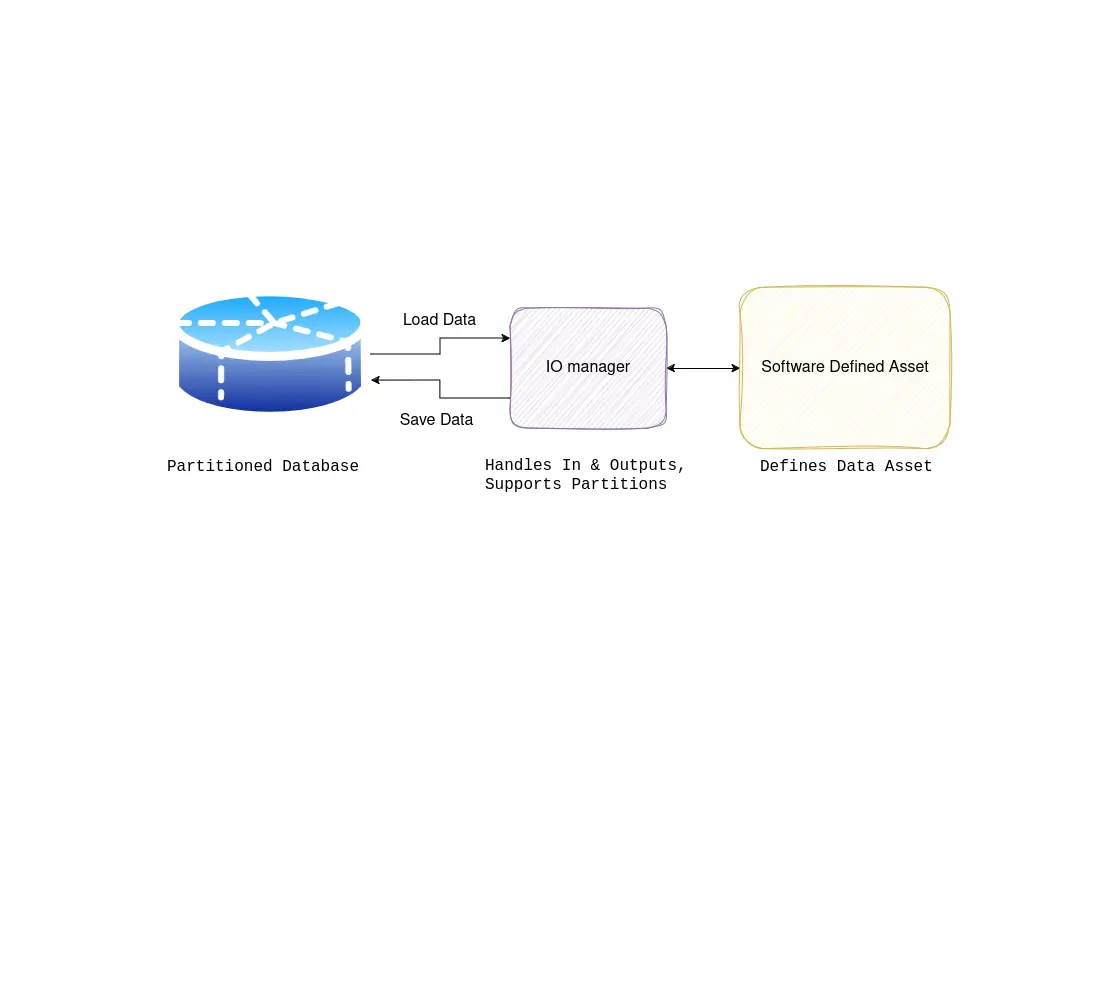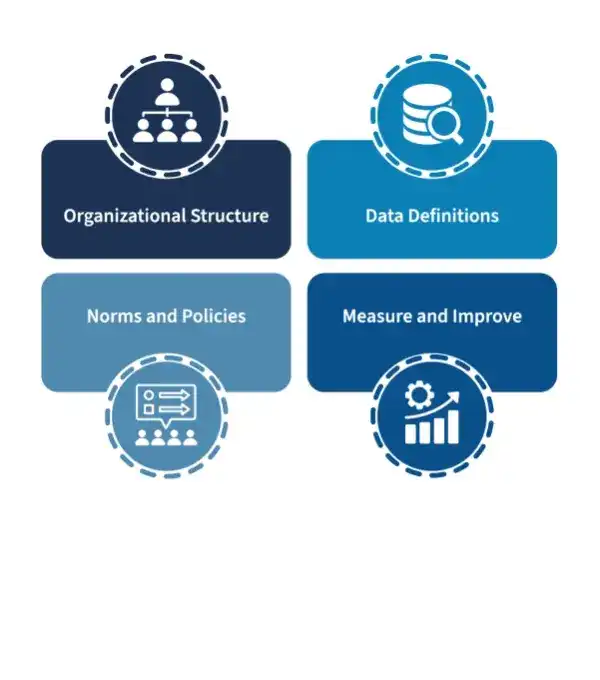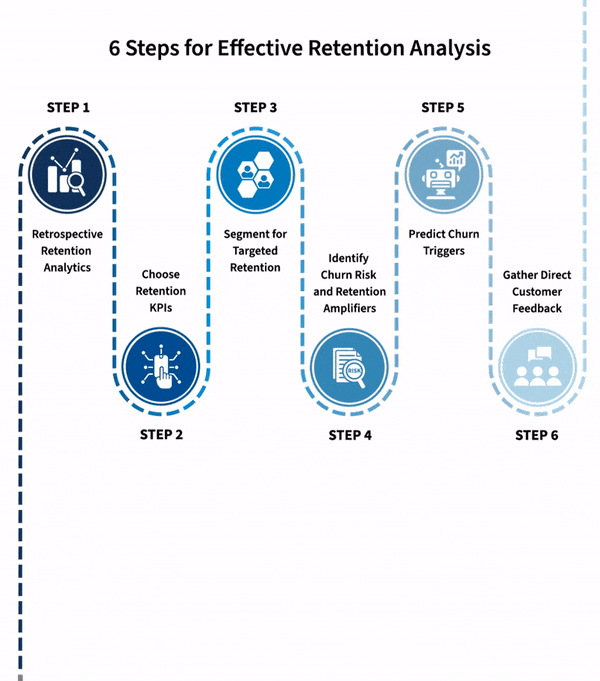
 Maximilian Filtenborg
Maximilian Filtenborg

Data-driven decision-making is crucial for startups to optimize their business operations and achieve long-term success. Unfortunately, many startups begin too late with becoming data-driven, which makes it challenging to change their approach later on.
Anything that is measured and watched, improves.
— Bob Parsons, Founder, Godaddy Group
Starting a company is a challenging task that requires a lot of effort and dedication. Many startups focus on the immediate needs of the business, such as developing a product, acquiring customers, and generating revenue. Unfortunately, data-driven decision-making is often overlooked or postponed until the business becomes more established.
The problem with delaying the adoption of a data-driven approach is that it can be difficult to change the company’s culture and practices later on. As the business grows, it becomes more complex, and it becomes harder to incorporate data-driven decision-making into the company’s operations. This is because data-driven decision-making requires a different way of thinking and operating than the traditional methods used by many startups.
As a company grows and expands, it becomes increasingly challenging to change its culture and practices. This is because as more employees are hired, the company’s culture becomes more entrenched, and it becomes harder to shift the company’s mindset and practices. Additionally, as the company becomes more complex, implementing new practices can be difficult and time-consuming, and there may be resistance to change from existing employees.
This is particularly true for data-driven decision-making, which requires a significant shift in mindset and practices. It requires a company-wide commitment to collecting and analyzing data, as well as a willingness to change long-standing practices based on data insights. Without a strong culture of data-driven decision-making from the outset, it can be challenging to implement these changes retroactively.
Furthermore, data-driven decision-making requires a strong data infrastructure, which can be difficult and expensive to implement retroactively. By neglecting to invest in data infrastructure and analysis early on, startups risk missing out on valuable insights that can help them optimize their operations and improve their chances of success.
Therefore, it is crucial for startups to prioritize data-driven decision-making from the outset. By doing so, they can establish a culture of data-driven decision-making and develop the necessary infrastructure to support it. This enables them to leverage data to gain valuable insights and make informed decisions that drive long-term success.
One common misconception among startups is that they don’t have enough data to adopt a data-driven approach. This assumption stems from the idea that data-driven decision making requires a vast amount of data and complex analytics tools. However, this is not always the case, and even small amounts of data can be valuable for making informed decisions.
In fact, the key to successful data-driven decision-making is not necessarily the quantity of data but the quality of the data and the insights that can be gleaned from it. Even small data sets can provide valuable insights into customer behavior, product usage, and other key performance indicators that can help startups optimize their operations.
Moreover, startups can start small and gradually scale up their data collection and analysis capabilities as they grow. This can involve setting up basic data collection mechanisms, such as Google Analytics or CRM data tracking, and using these tools to generate insights. Over time, startups can invest in more advanced analytics tools and build out their data infrastructure to support more complex data analysis.
Ultimately, the key is not to write off data-driven decision-making as something that does not apply to your startup. Instead, startups should leverage their data to make informed decisions and gradually build out their data capabilities over time. By adopting a data-driven approach early on, startups can gain a competitive advantage and position themselves for long-term success.
Becoming data-driven requires a mindset shift that may not come naturally to every startup founder. Many startup founders focus more on the creative aspects of building a business, such as developing a product or service, marketing it, and acquiring customers. However, optimizing a business using data requires a different approach and skill set.
The initial objective when seeking data-driven use cases is to gain insights into what has happened within the business. This involves understanding the key operational areas that are being actively worked on daily. By focusing on these areas, startups can begin their data-driven journey on a solid foundation.
To effectively monitor the performance of different functional teams, it is essential to establish pulse points that can be checked daily. These pulse points are key metrics that indicate how well the business is performing. While it is advisable to start with a small number of metrics, typically one to three, it’s important to select the ones that provide meaningful insights for the specific business.
Different business areas can benefit from data-driven insights, and key metrics can be identified accordingly. Here are a few examples of business areas and corresponding key metrics:
By focusing on these important statistics, startups can utilize their data collection and analysis in a targeted and effective manner. It enables them to understand their business performance, identify potential bottlenecks, and make informed decisions to improve their business outcomes.
To become a data-driven startup, it is crucial to invest in the right tools and talent. There are various tools and technologies available that can assist startups in collecting, storing, and analyzing their data. It is important to invest in a data infrastructure that is scalable and flexible, allowing it to grow alongside the company.
Additionally, it may be necessary to hire experts in data analysis and business intelligence or collaborate with external consultants. These professionals can assist startups in establishing data collection systems, developing analytical models, and generating valuable insights from the available data.
In conclusion, data-driven decision-making is a critical component of success for startups. While many startups delay implementing a data-driven approach, starting early is essential to avoid the challenges of changing established practices and culture as the business grows. By prioritizing data-driven decision-making from the outset, startups can establish a strong foundation for long-term success.
A common misconception among startups is that they don’t have enough data to adopt a data-driven approach. However, even small amounts of high-quality data can provide valuable insights that optimize operations. Startups can start small and gradually scale up their data collection and analysis capabilities as they grow, using basic tools and gradually investing in more advanced analytics tools and infrastructure.
Becoming data-driven requires a mindset shift for startup founders, who may naturally focus more on the creative aspects of building a business. However, optimizing a business with data requires a different approach and skill set. Embracing data-driven decision-making involves a commitment to collecting and analyzing data and a willingness to make changes based on data insights.
To begin the data-driven journey, startups should focus on gaining insights into key operational areas. Establishing pulse points with key metrics for different functional teams enables effective monitoring of performance and highlights areas for improvement. Examples of key metrics span various business areas, such as product data, marketing ROI, sales data, and operational data.
By embracing data-driven decision-making early on and leveraging insights from their data, startups can gain a competitive advantage and position themselves for long-term success. Data-driven decision-making is not a luxury but a necessity in today’s business landscape, and startups that embrace it will thrive in the ever-evolving market.

Maximilian is a machine learning enthusiast, experienced software engineer, and co-founder of BiteStreams. In his free-time he listens to electronic music and is into photography.
Read moreEnjoyed reading this post? Check out our other articles.

 Maximilian Filtenborg
Maximilian Filtenborg

 Maximilian Filtenborg
Maximilian Filtenborg

 Maximilian Filtenborg
Maximilian Filtenborg